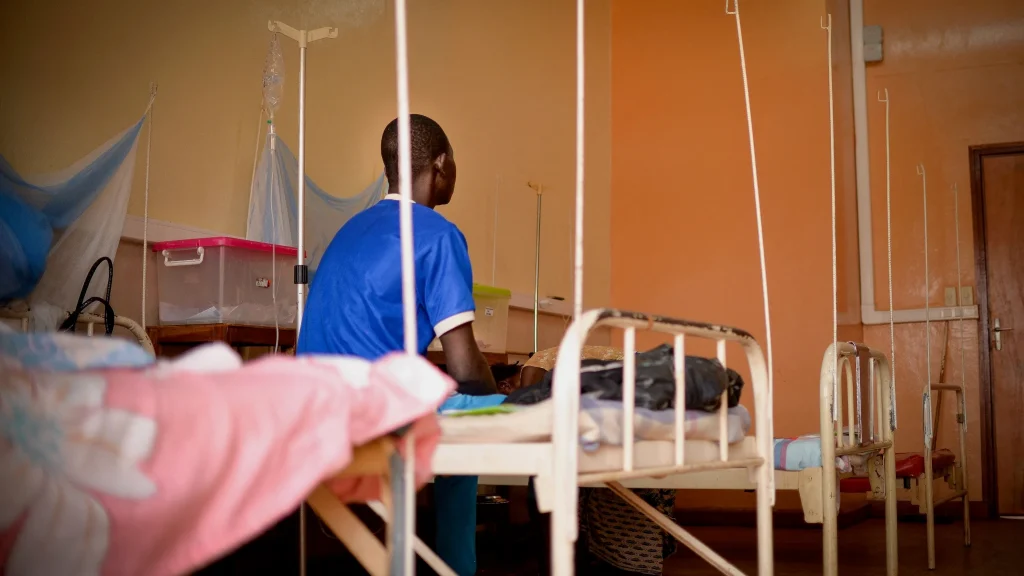The withdrawal of the United States Agency for International Development (USAID) from HIV/AIDS interventions in Bauchi State, Nigeria, has raised concerns over a potential rise in disease transmission and treatment gaps.
The Chairman of the Network of People Living with HIV/AIDS in Nigeria (NEPWHAN), Bauchi chapter, Mr Abdulahi Ibrahim, expressed fears over the shortage of treatment centres, reduced clinical support, and the lack of essential services. He warned that disruptions in antiretroviral therapy (ART) could lead to drug resistance and severe complications.
“We have more than 22,000 volunteers in the state, many of whom are currently jobless and unable to assist with caregiving,” Ibrahim stated, calling on the state government to absorb these volunteers into the healthcare system.

He also urged the government to integrate HIV/AIDS patients into the state’s Health Contributory Scheme to ensure continued access to treatment, especially for vulnerable populations in remote areas.
In response, Dr Adamu Sambo, Executive Chairman of the Bauchi State Agency for the Control of HIV/AIDS, Tuberculosis, Leprosy, and Malaria (BACATMA), assured that the government had a sustainability plan in place.
He confirmed that antiretroviral drugs were still available at treatment centres but acknowledged that USAID’s withdrawal had affected community mobilisation and testing programmes.
“The government has continued to supply drugs and will continue to partner with other stakeholders to ensure access to care,” Dr Sambo stated.
As concerns grow over funding gaps and service disruptions, stakeholders are calling for the revival of the Bauchi State Resource Mobilisation Committee to bolster funding and patient support.


